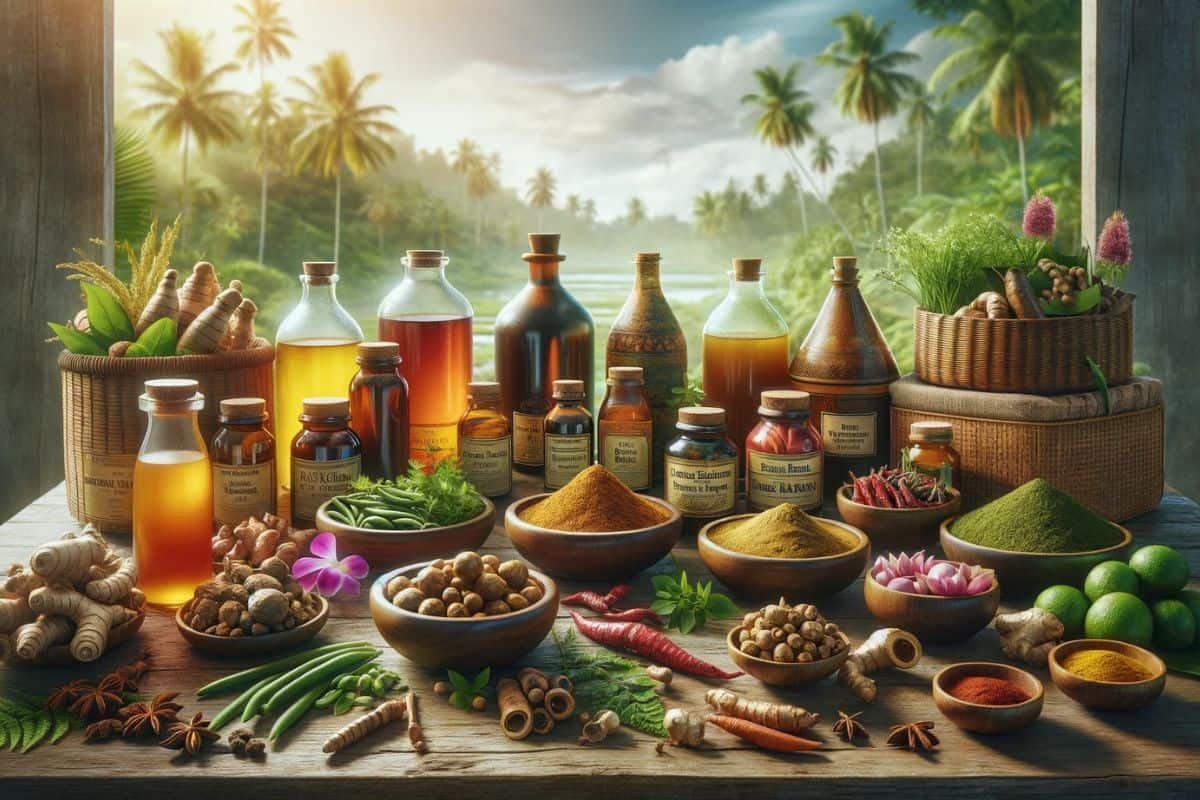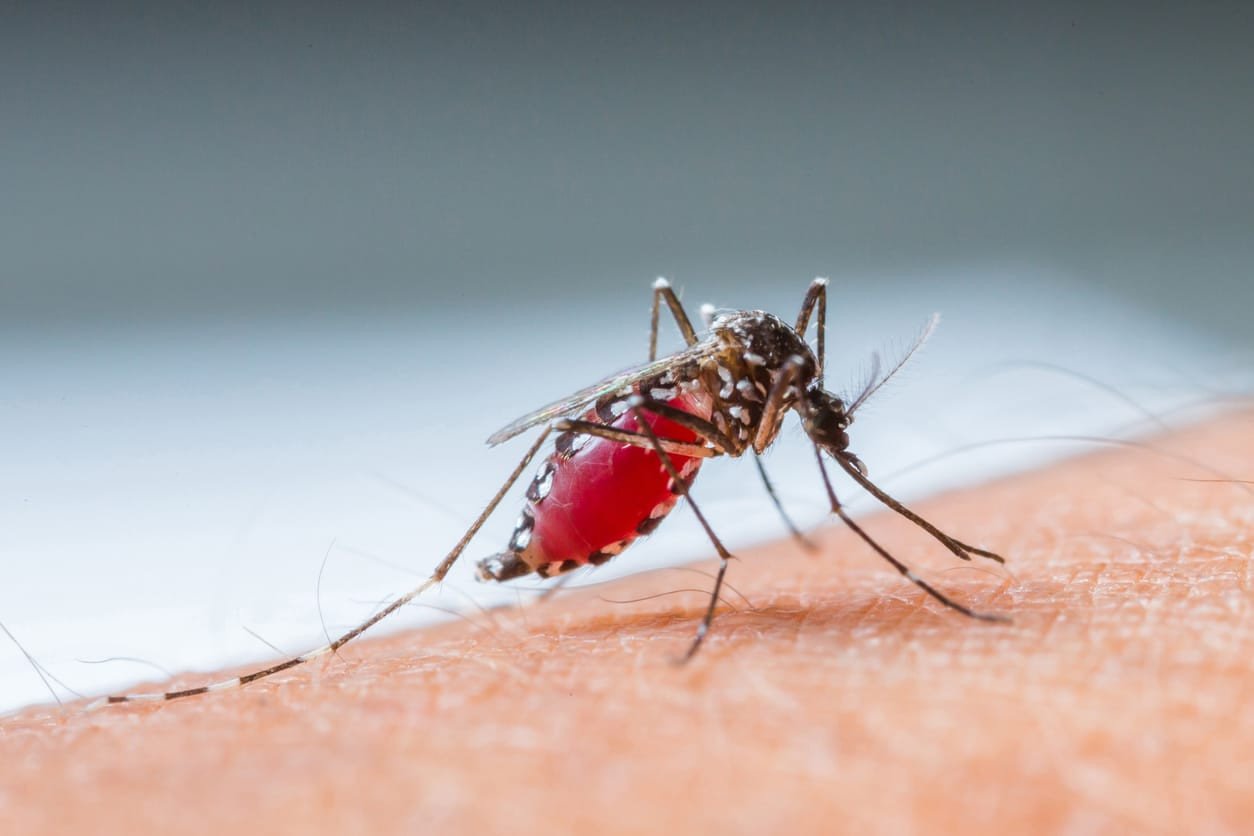
Mahkatop — Indonesia is renowned for its rich cultural diversity, evident in every aspect of life including food and beverages. As the world’s largest producer of spices, Indonesia offers a plethora of traditional foods and drinks rich in spices. These not only reflect cultural values but also provide numerous health benefits, collectively known as “jamu.”
Citing information from the Ministry of Health’s Directorate General of Health Services and the Ministry of Tourism and Creative Economy of the Republic of Indonesia, here are various types of Indonesian traditional herbal drinks along with their benefits and compositions:
Traditional Jamu and Their Benefits
- Beras Kencur Beras kencur is prized for its ability to alleviate pain and soreness from strenuous activities while boosting appetite for optimal nutrient absorption. It typically includes ingredients like kedawung, ginger, kapulogo, tamarind, temukunci, kayu keningar, turmeric, lime, chalk, and nutmeg, sweetened with palm sugar and granulated sugar.
- Temulawak Temulawak is celebrated for its medicinal properties in treating nausea, dizziness, colds, and enhancing appetite. Additional ingredients include kencur, seedless tamarind, palm sugar, fresh pandan leaves, and cumin.
- Kunir Asam Kunir asam is effective as an anti-inflammatory due to its curcumin content, surpassing sodium diclofenac in relieving arthritis pain and nearly matching ibuprofen. It also aids in reducing menstrual pain, lowering high blood pressure, and supporting weight loss. Ingredients include asam fruit, temulawak, kedawung, lemon juice, palm sugar, white sugar, and a pinch of salt.
- Cabai Jawa Cabai jawa, featuring lempuyang or Javanese ginger, alleviates fatigue, indigestion, and bloating, while boosting energy and iron levels for enhanced red blood cell production. Other ingredients are ginger, kudu, fennel, pulosari, turmeric, pepper, kedawung, keningar, tamarind, and temu kunci, sweetened with palm sugar or honey.
- Paitan Paitan derives its name from “pahit,” meaning bitter, and incorporates bitter ingredients like sambiloto, brotowali, meniran, lempuyang, widorolaut, doroputih, babakan pule, and fennel. This concoction addresses health issues such as dialysis, hives, diabetes, and improves appearance by combatting body odor and acne. It is also beneficial for serious conditions like high cholesterol.
- Kudu-Laos Herbal Kudu-laos herbal drink, featuring galangal and noni, provides a warming effect to alleviate menstrual cramps, hypertension, and enhance appetite. Ingredients include tamarind, garlic, cabai puyang, salt, and pepper, brewed with galangal and noni.
- Galian Singset Galian singset, suitable for diets, eliminates body odor and tightens female organs. Ingredients include temulawak, ginger, turmeric, cinnamon, lemon, coriander, and pepper.
- Wedang Uwuh Wedang uwuh, rich in antioxidants, refreshes the body, treats indigestion, and improves blood circulation. This herbal drink is recognized as an intangible cultural heritage by the Ministry of Education and Culture.
- Kawa Daun Originating from Padang, West Sumatra, kawa daun is made from dried coffee leaves, cinnamon, and sugar. It lowers blood cholesterol and diabetes risk due to its high antioxidant content.
- Teh Gaharu Teh gaharu from Banjarbaru, South Kalimantan, has a slightly bitter yet refreshing taste that calms the body and possesses antibacterial properties beneficial for detoxification.
- Sarabba Sarabba, made from ginger, sugar, coconut milk, and egg yolk, enhances stamina and is particularly enjoyed during rainy weather for its spicy flavor.
These traditional herbal drinks not only showcase Indonesia’s cultural richness but also serve as natural health solutions that have been passed down through generations.(*)







